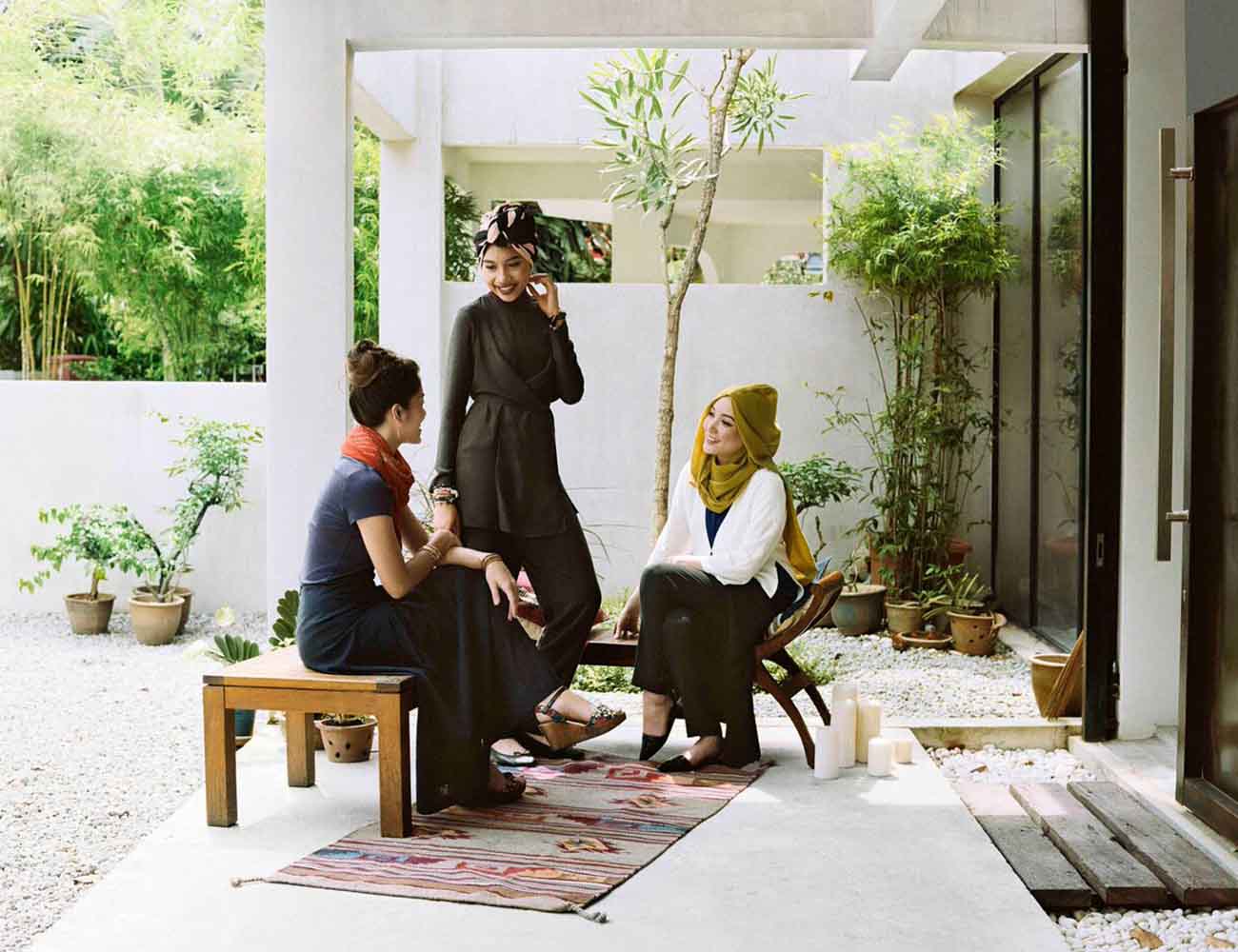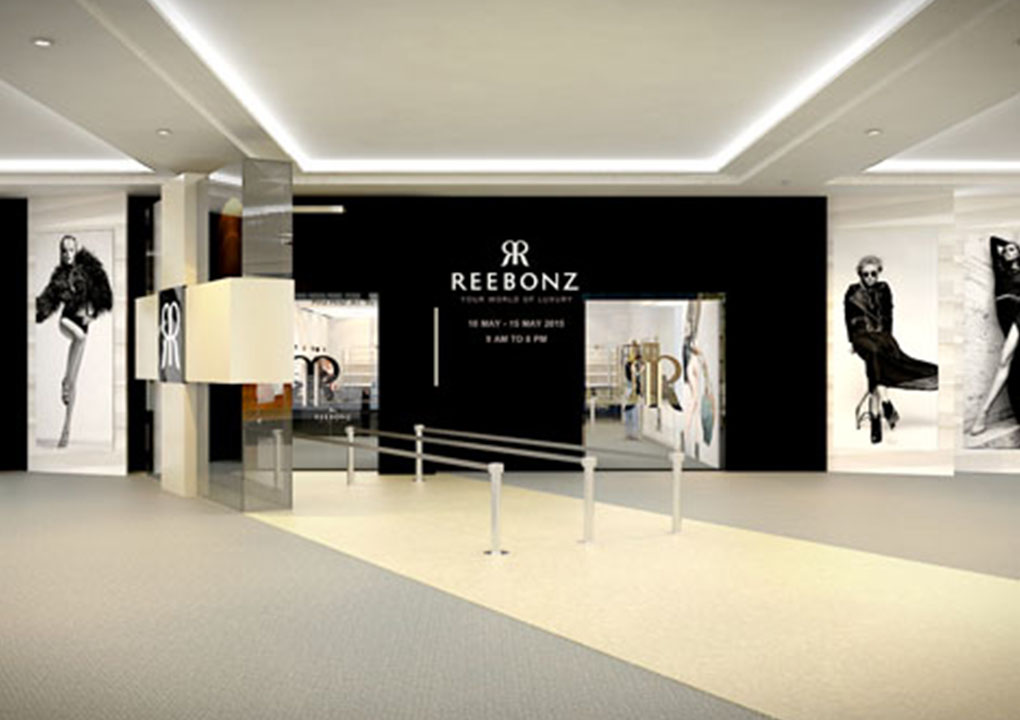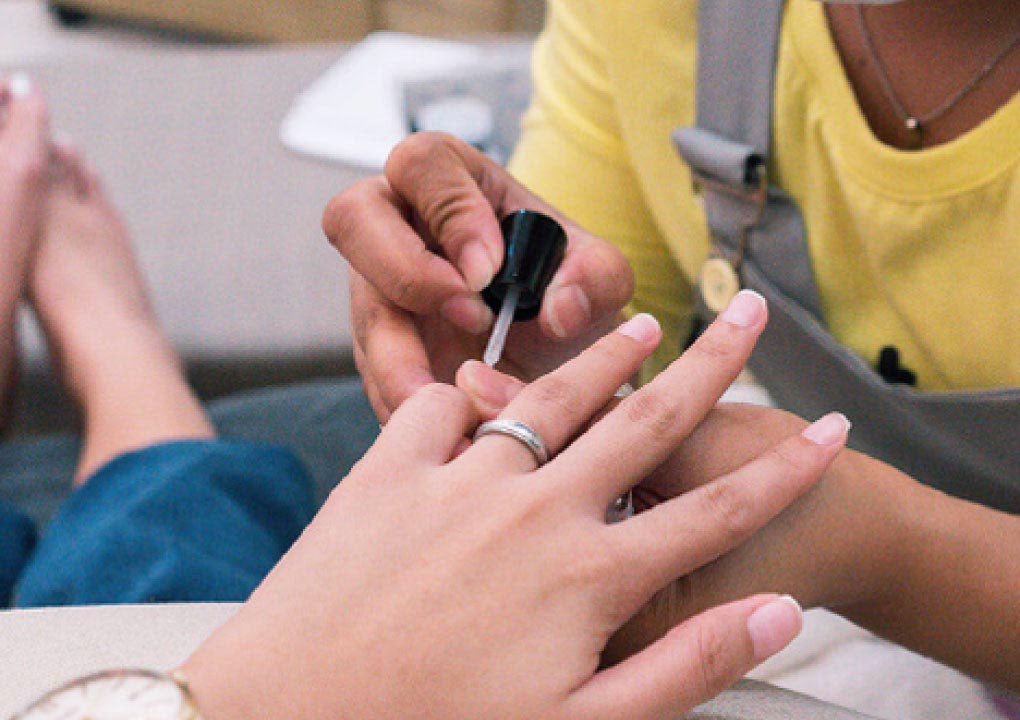Welcome to our third issue of the year! With fashion season wrapping up around the major fashion capitals of the world, a trend that has continued to gain traction on the runways of high fashion and the windows of high street stores is modest wear. In this issue, we’re looking at the global growth of modest fashion and the Asian brands that are leading the industry’s charge into modest wear.
Modest wear– Fashion trend or mainstay?
When we look at the history of modest wear, the influence of faith often comes to mind as the main motivation for women to cover up. From the nuns’ habits to the black niqabs and abayas worn by Arab women, modesty in dressing can sometimes be viewed as frumpy, unfashionable, and at times even oppressive. Modest wear has traditionally been antithetical to the skin-baring trends of miniskirts and low-rise jeans. However, evident in more recent years, individual motivations and interpretations of modesty are wide-ranging. The increased visibility and awareness of movements on female empowerment have influenced others to choose more modest styles as an expression of their femininity which is not defined by the male gaze.
Having been underserved by the fashion industry, women with modest styles found their voice on online platforms and communities. Personalities such as Noor Tagouri and Dian Pelangi gained strong online followings for their brand of modest fashion that has led them to being leaders in their respective fields. Their rise to prominence charted the way for increased visibility of Muslim women in fashion, bringing the headscarf and layered styles into mainstream fashion’s consciousness.
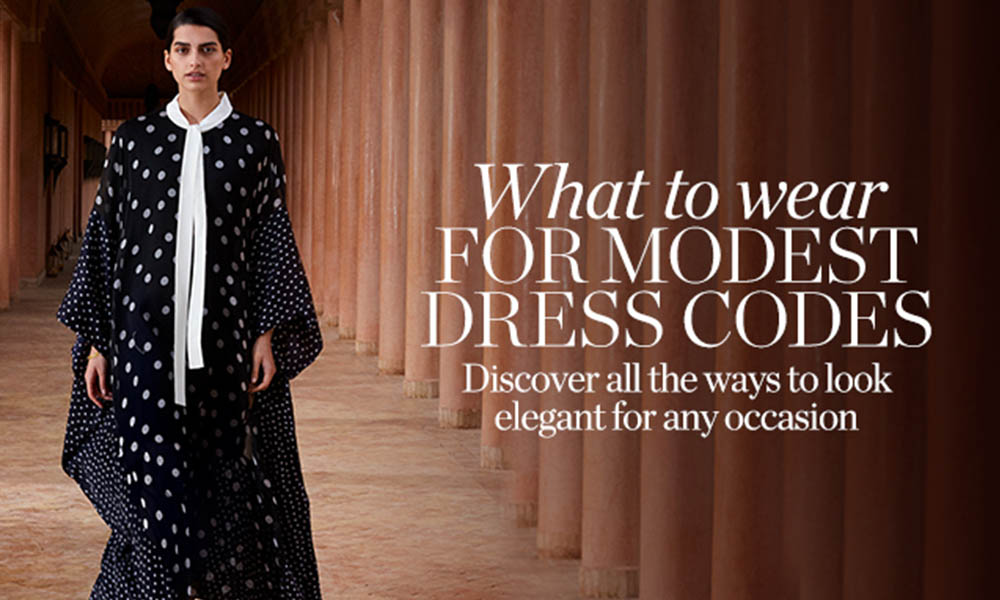
With Reuters and Dinarstandard estimating that the modest fashion economy could grow to $368bn by 2021, global brands and fashion runways have since taken notice and are responding to the increasing demand for modes fashion. From Net-a-Porter’s modest clothing category, Mango’s Ramadan collections for the Middle Eastern market, to Nike Pro’s hijab, the influence of the veiled and modest woman in fashion has definitely been felt by the fashion industry in recent years. For many brands, their foray into modest fashion focuses on Middle Eastern and North American markets.
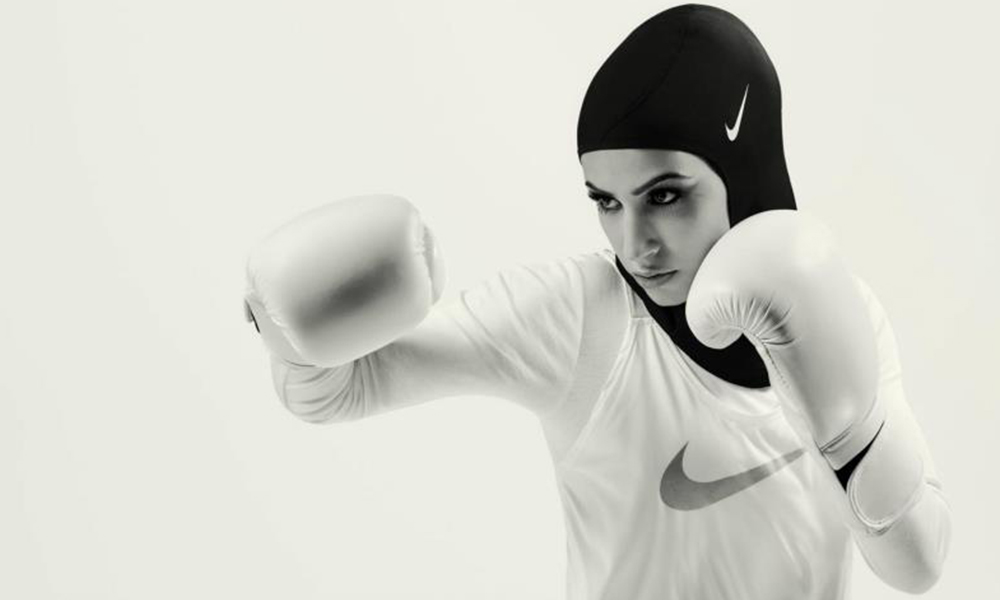
However, these attempts by global fashion brands have not been spared from critique. Alia Khan, founder of the Islamic Fashion And Design Council told Fast Company
“Brands have tended to miss the mark. They don’t understand that this audience is just as stylish and demanding of their fashion wardrobes as anybody else. What these women really want is the same miniskirt they saw on the runway, but slightly looser and longer.”
While global brands have taken notice of the modest fashion markets of the Middle East and North America, less attention has been paid to the large market of women in Southeast Asia. This has allowed for local brands to fill the gap and meet the demand led by younger consumers. Fashion e-commerce platforms such as Zalora and FashionValet, have found success in these markets by carrying local brands, highlighting the growing demand and consumption power of modest women in the region.
However, with a significant middle class emerging, and the corresponding increased spending power, larger companies are paying attention and making more intentional efforts to appeal to the younger, more tech-savvy demographic.
Uniqlo, selling to the modest woman
Japanese fashion retailer Uniqlo took early notice of this emerging demographic and was conscious of the need to appeal to modest women in Southeast Asia. In 2015, as part of their expansion efforts in the region, Uniqlo teamed up with Muslim British-Japanese fashion blogger and designer Hana Tajima for a LifeWear collection featuring maxi dresses, blouses, and skirts. Today, Uniqlo and Tajima have launched over 10 collections together, carried in 15 countries across the globe including in the US and UK. The success of the collaboration affirms the trend towards modesty among women in fashion. With many other global fashion brands vying for the modest woman’s dollar, what sets Uniqlo apart in the modest fashion space?
Designed for and designed by the modest woman
For the past 20 years, Uniqlo built their brand with simple, essential clothing. Over the years, innovation and technology have also become a significant part of their offering, with the HeatTech and AIRism lines providing high-quality and functional pieces for various climates at affordable prices. The modest collection designed in collaboration with Tajima was no different and stayed true to Uniqlo’s design philosophy. While the collection included stylish blouses, skirts, and dresses, a standout product from the collection was the innerwear for headscarves.
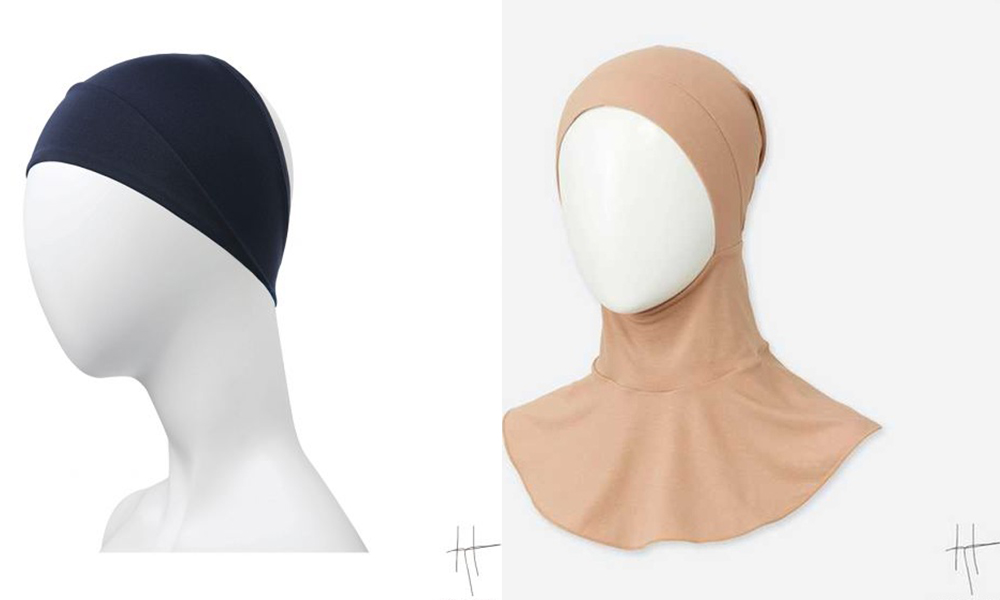
Designed with AIRism fabric, the inners are lightweight, breathable, and quick-drying, making them suitable for the humid Southeast Asian climate. Headscarf inners have existed as an essential item for women who don headscarves and are typically found in local shops and brands that cater specifically to Muslim women. Uniqlo’s choice to produce and reinvent the functionality of a niche item for the collection reflected the brand’s real desire to meet the needs of the Southeast Asian modest Muslim woman.
This attention to the functionality of the collection stands in contrast against other efforts to appeal to the modest woman through marketing campaigns and one-off products. Tajima’s role as the collection’s designer also lent Uniqlo the credibility it needed to succeed in the modest fashion space.
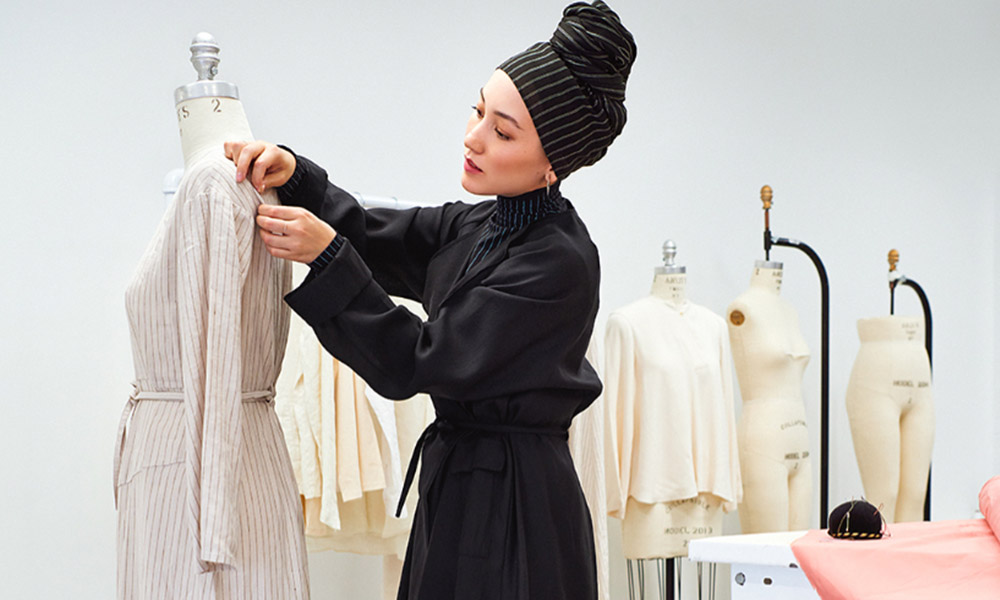
By serving the modest woman with more than just style, but also functionality for their lifestyle, Uniqlo and the Tajima created a modest line that had a place in the modest woman’s everyday life.
Understanding the identity of the Asian modest woman
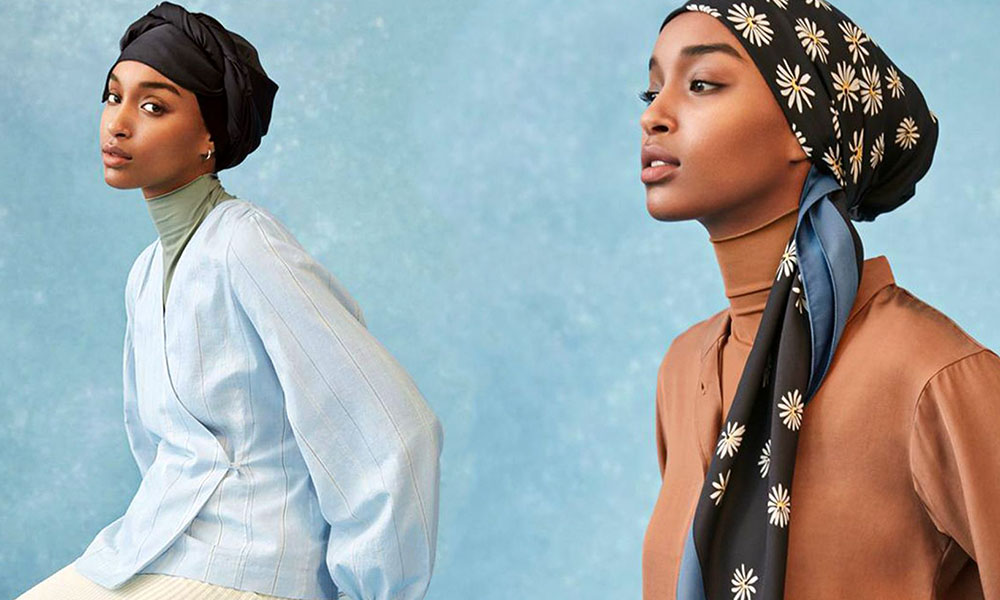
While the collection managed to establish itself well as a modest fashion line, its appeal extends beyond just the modest woman. Rather, Uniqlo and Tajima were deliberate in their intention to make a collection that served all women seeking comfortable and modern designed clothes.
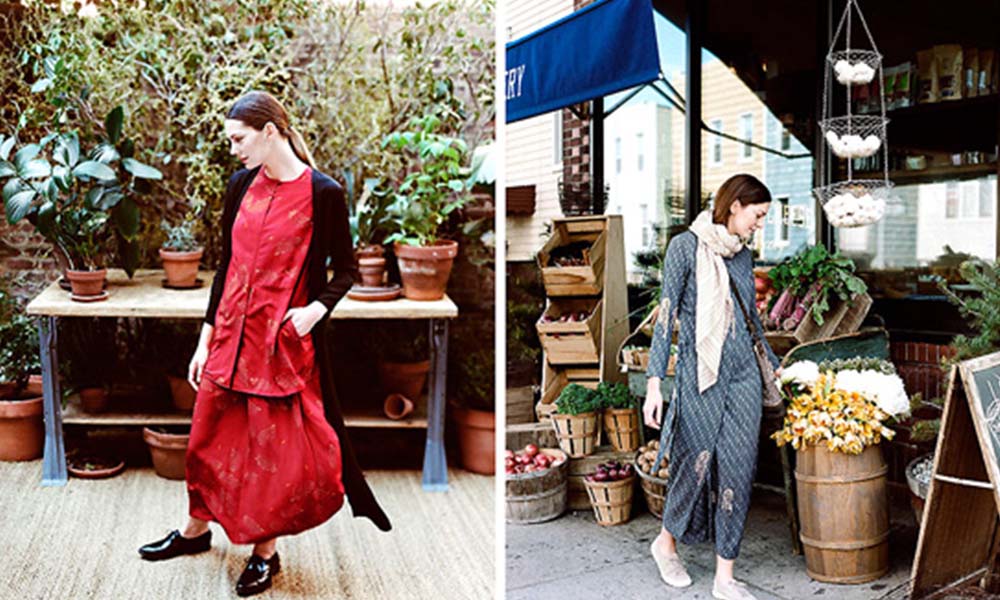
It is notable how the modest woman is positioned in the collection. In contrast to how global brands like Mango and Nike spotlight the modest woman as Muslim with specific references like ‘Ramadan’ and ‘hijabs’, Uniqlo shies away from defining who the modest woman is. Lookbooks and marketing content highlight comfort and functionality as the core design elements of the collection, instead of how the pieces might help them conform for modest standards. This positioning and the inclusive language used to normalise modest fashion as a lifestyle choice reflects Uniqlo’s nuanced understanding about the identity of the modest woman – one who was not defined by her choice to cover up, but by her style and ability.
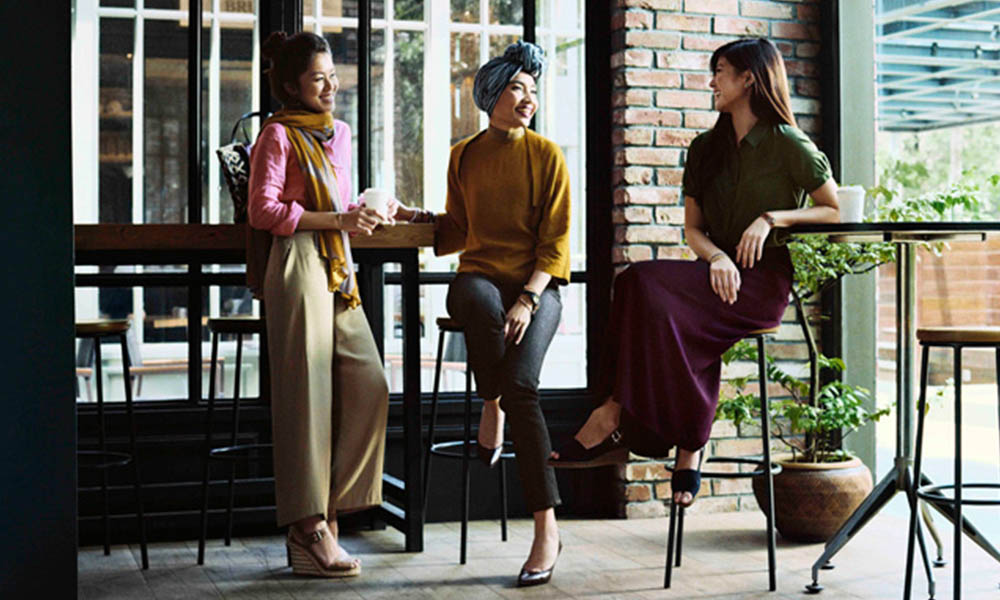
At the same time, Uniqlo’s positioning of the modest line as simply a modern and stylish collection seems to be especially effective in appealing to Southeast Asian Muslim women. A study by Innovation Group in 2017 noted that “understanding the Southeast Asian ‘Muslimah’ requires a nuanced approach”. The outlook and behaviours of young Muslim women in the region have been shifting away from that of the previous generations. While they are more cosmopolitan and global in their outlook, they also choose to be more religious, adhering to the practices of Islam in their diets, clothing, and lifestyle. Designing a collection that reflected this nuance allowed Uniqlo and Tajima to speak in a relevant manner to the Southeast Asian modest woman who saw herself as more than just a shopper of modest clothing.
Share this article
